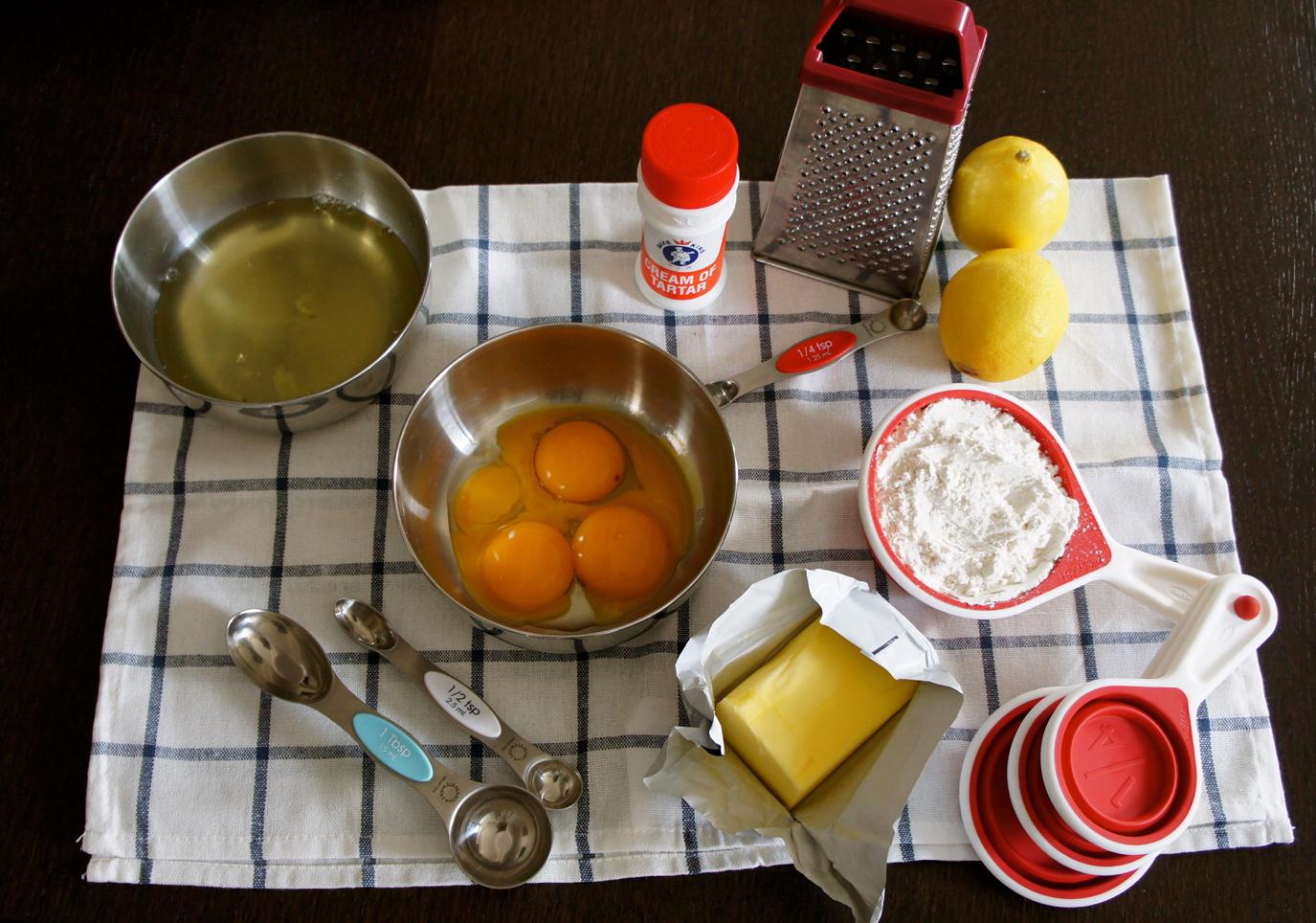If you enjoy creaming butter with sugar and you’re a dab hand at tempering chocolate, your favourite possession is probably the Kenwood Chef. If that describes you, then why not consider turning your baking skills into a business? It’s not as difficult as you may think, although it will be hard work and you’ll need to comply with Food Standards Agency regulations.
Specialty or General?
After carrying out market research at local cafes and restaurants, you should be able to gauge whether you should specialise in one area (such as cupcakes) or provide a more general range of baked items. The other thing to consider is where your skills lie. If your pastry is only so-so but your carrot cake is delectable, it’s probably wise to stick to the latter. That doesn’t mean you can’t perfect your pastry but just don’t offer it for sale until it’s ready. Specialty cakes for weddings and major events will have a much higher price point, so you may wish to enrol on a cake decorating course.
Kitchen
Although it may be possible for you to bake-to-sell in your existing kitchen, there are hygiene rules that the local environmental health office will expect you to adhere to. These include having all refrigerated ingredients labelled, with clear sell-by dates. Unlike most domestic refrigerators, meat must be stored at the top and vegetables at the bottom. As you should keep personal food separate, it’s probably easier to have two fridges. All surfaces must be easy to clean, so unsealed wooden cabinets aren’t acceptable. In this case, rather than paying for all new kitchen units, you may wish to just switch the kitchen doors to a gloss finish. You should have separate sinks for hand washing and food preparation. Pets must be kept out and even laundry can’t be done or stored in the kitchen while you bake. If you’re committed, you could take the Level 2 Food Safety in Catering certificate, which is a useful qualification to mention when you’re marketing your business.
Start Small
There’s no need to invest thousands of pounds on high-end equipment at the start (if ever). Bake several batches of goods and offer them as samples to friends, family and colleagues, so you can ask for constructive comments. When you’re satisfied the product is worthy, offer samples to local establishments, concentrating on cafes, restaurants and even pubs. Work out the quantities you can realistically produce each day and don’t take any orders that seem too large. It’s better to say no in the first instance, than annoy a client. Many catering businesses start by doing weekend fairs and markets. It’s a good way to advertise your business, so have cards available for visitors. Social media is a great marketing tool, so having a Facebook page and Twitter account are essential. Join in local Twitter hours and tell everyone about your products. Comment on potential customers’ tweets, in the hope they’ll follow you. Running a competition on Facebook can generate a lot of leads.
Business Head
Accurately work out how much each item has cost to produce, including electricity, packaging, etc., then research what you could charge. Sample your competitors’ goods and do a comparison. Do you have a USP (unique selling point) such as a theme, method of decoration, unusual flavours? What will make your business stand out from the rest? You should have some knowledge of keeping business accounts. It’s fairly straightforward but should be kept up to date.
You don’t need to be Mary Berry to be a professional baker, so if you have the gift and it’s something you enjoy, why not generate some income?

